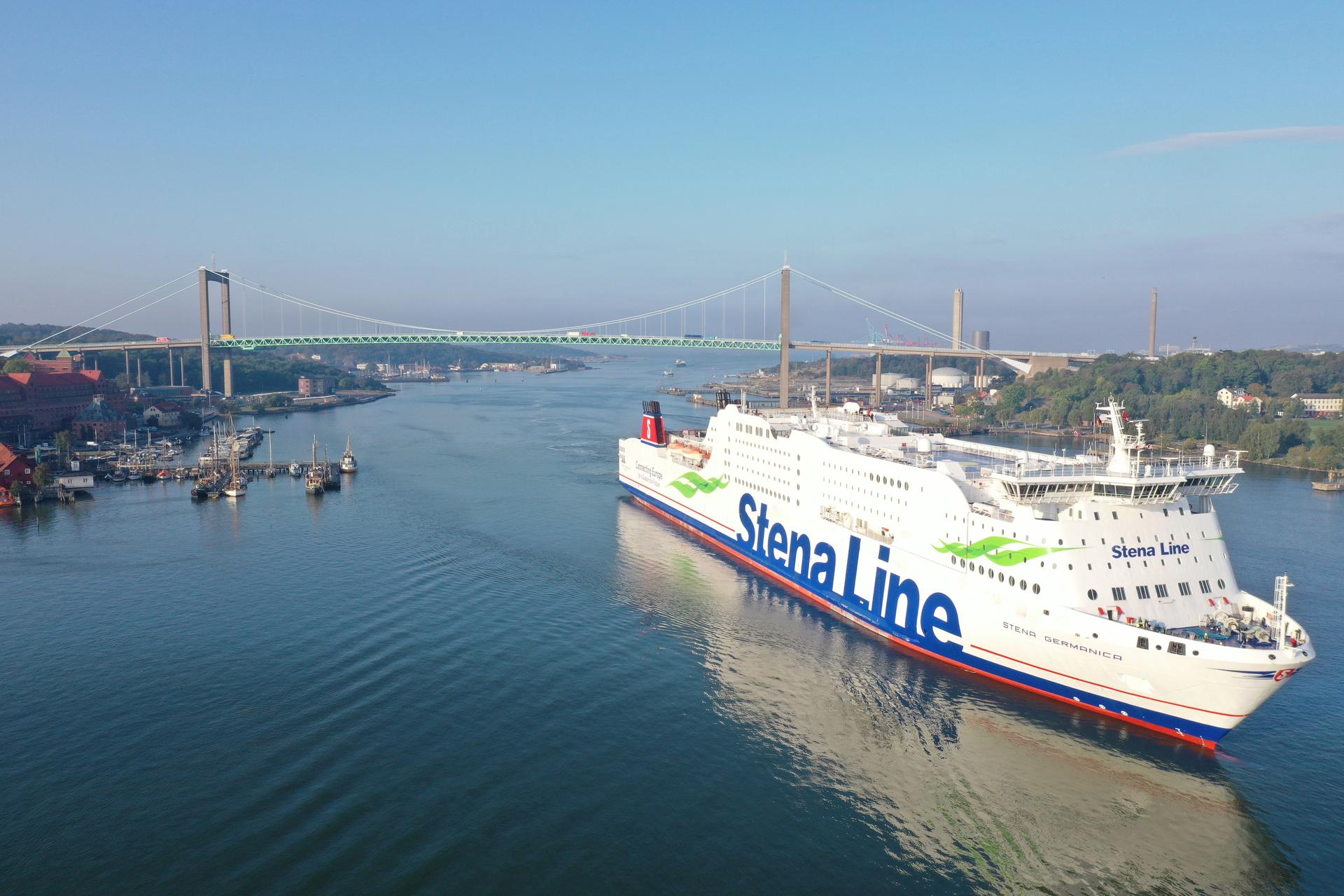In 2015, Stena Line made history by converting one of the largest RoPax ferries in the world, the 240-metre Stena Germanica, to become the world’s first methanol powered ferry. Now, the Swedish ferry company has achieved another world first, by powering the same ship with methanol recycled from residual steel gases.
This week the Stena Germanica travelled from Sweden to Germany powered by recycled methanol. The new fuel dubbed “Blue Methanol”, is recycled from residual steel gases, a by product of the steel production industry and helps reduce the ferry’s reliance on diesel, thus lowering the vessel’s carbon emissions further.
‘It is exciting to be part of our sustainable journey and try out another new sustainable fuel. I can confirm that we sailed with the new fuel from Gothenburg to Kiel on June 22 and it worked very well,’ says Peter Holm, Chief Engineer Stena Germanica.
Also read: Methanol as a marine fuel on the rise as Stena Germanica hits milestone
Collaboration between steel and maritime sector
While methanol is a fossil fuel, it is much cleaner than traditional marine fuel. Sulphur and particulates are reduced by ninety per cent and nitrogen by sixty per cent. The steel industry and the maritime sector are two of the world’s biggest emitters of CO2, accounting for six to eight per cent and 2.5 per cent of all CO2 emissions respectively. The FReSMe project, funded by H2020 EU program, aims to demonstrate the whole process that enables the CO2 captured from the steel industry to produce methanol fuel that will be used as fuel in the ship transportation sector.
‘This collaboration between the steel and the maritime sectors is the first of its kind and demonstrates that by working together companies from different backgrounds can greatly improve their effect on the climate,’ says Erik Lewenhaupt, Head of Sustainability Stena Line Group.
By 2030, Stena Line aims to reduce its total CO2 emissions by thirty per cent. It seeks to get there by increasing the use of alternative fuels, such as methanol, hydrogen, and battery power.
Also read: Tribute to the diesel engine, but with which types of marine fuels?








